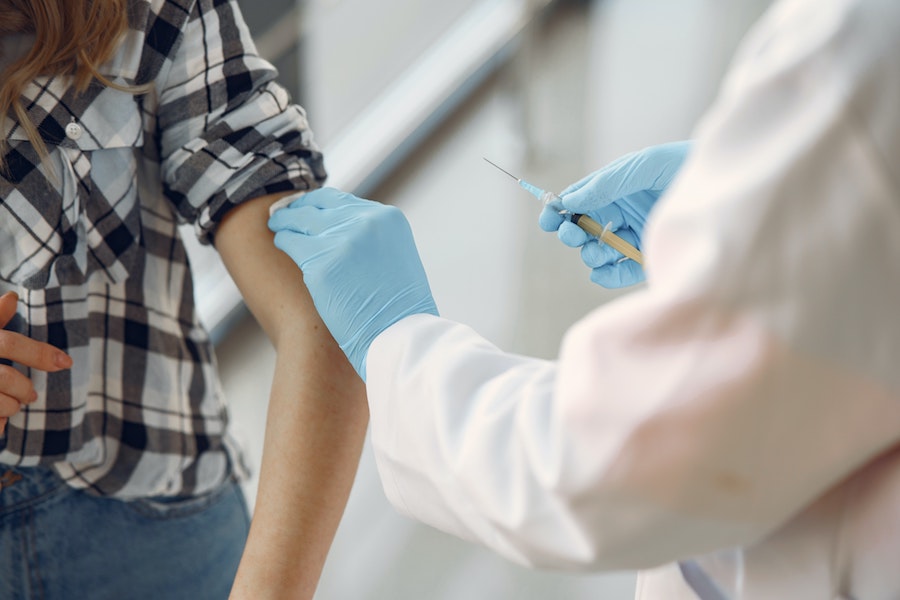
Millions of Americans have been inoculated against COVID-19, receiving the vaccine that brings the promise of returning to life pre-2020. But what that means practically has been an evolving science since news of the shot first emerged, leaving many with questions.
The jab offers protection and comes with certain benefits, like getting together in small groups and avoiding some quarantine requirements, but experts told Travel + Leisure it doesn’t mean we will be putting away our masks anytime soon.
When it comes to travel, several countries and even states — including Iceland, Belize, and Vermont — have embraced the concept of vaccine passports, waiving quarantine and even testing requirements for fully vaccinated individuals (defined as two weeks after someone’s final shot). At the same time, many pandemic-era learned behaviors, like social distancing and mask-wearing, remain.
“It’s going to be a long and winding road to recovery,” Roger Dow, the president and CEO of the U.S. Travel Association, recently told T+L during a recent news conference, adding, “Travel is all about confidence, it’s what people believe. And [vaccines are] just one more step to getting people… to travel.”
We talked to Dr. Scott Weisenberg, the director of the travel medicine program at NYU Langone Health, about what vaccinated Americans can — and should — be doing, and what they should hold off on for now.
Can I travel after I’m vaccinated?
This is the million dollar question for frequent travelers who have been grounded for more than a year. But the answer is complicated and has much to do with personal risk tolerance.
“All of the vaccines do a great job of reducing the risk of dying from the disease, but you can still get sick — the likelihood of someone getting sick is still going to be based on their age and other risk factors,” Weisenberg said. “If you were to choose to travel, continuing to wear masks, social distancing… those are the things people can do to try to reduce the risk.”
Officially, the Centers for Disease Control and Prevention recommends Americans “delay” both domestic and international travel. If someone does travel, the CDC says they should get tested three to five days after their trip and self-quarantine for seven days, even if the test is negative.
Additionally, the agency requires all international travelers to test negative for COVID-19 within three days of boarding a flight to the U.S. Vaccinated travelers are not exempt from this order.
The good news is recent studies have shown the vaccine likely reduces transmission of the virus in addition to protecting the individual who received the shot. In February, a pair of studies in Israel found the Pfizer vaccine reduced infections (including asymptomatic cases) by 75% to 93.7%, Reuters reported.
“The more data we get showing exactly how much less likely vaccinated people are to get the virus…spread it to other people… the more reassuring that will be [to people] who don’t want to be involved in transmission chains,” Weisenberg said.
Read the rest here.

